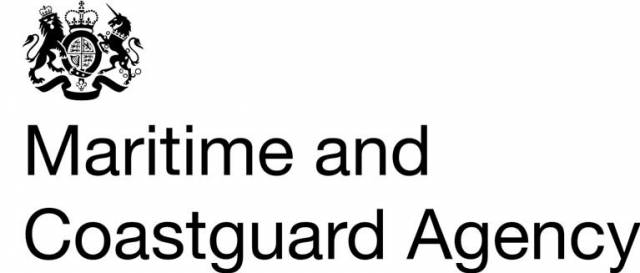In the UK, 13 people, who drowned in 2017, might be alive today had they been wearing a lifejacket or buoyancy aid. These are the findings of this year’s UK Casualty Review Panel.
The panel meets annually to discuss the previous year’s appropriate maritime fatalities and whether those who died might have survived had they been wearing a lifejacket. Wearing a lifejacket or buoyancy aid appropriate to your activity greatly improves your chances of surviving the shock of entering cold water. The panel also advises on other measures which might increase survivability. This year they looked at 27 fatalities and of these 13 might have been saved had they been wearing a lifejacket.
In 2017 14 of the 27 fatalities had been drinking – accessing boats in harbour was a particular issue
People who have been drinking alcohol are more likely to be involved in a fatal accident. In 2017 14 of the 27 fatalities had been drinking – accessing boats in harbour was a particular issue. Over recent years many harbours have introduced lifejacket lockers so people using tenders can store lifejackets securely while they are ashore, and the panel strongly recommended that boat users consider using them.
Carrying a means of raising the alarm and knowing how and when to use it is vital in an emergency, making a real difference in survivability rates. In 2017, two people’s lives might have been saved had they been carrying a means of communication, to tell the Coastguard where to search. In particular, the panel recommended
- Carrying a VHF DSC radio and knowing how to use it to contact the Coastguard or other vessels
- Carrying a PLB or EPIRB will help rescuers to locate you and even if you’re unconscious the alarm will be raised.
- Downloading the RYA SafeTrx app on your phone and using it in an emergency could make all the difference.
The Casualty Review Panel comprises representatives from: Angling Trust, RNLI, Royal Yachting Association, Marine Accident Investigation Branch, Maritime and Coastguard Agency, National Water Safety Forum, British Canoe Union, the lifejacket industry, Scottish Fishermen’s Federation and University of Portsmouth. The panel uses data supplied from Coastguard and MAIB databases and therefore covers mostly coastal incidents. Other inland fatal angling incidents, where a life jacket might have saved a life may have occurred during 2017 but these are not included for this exercise.































































